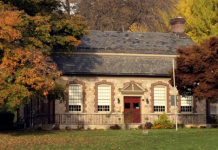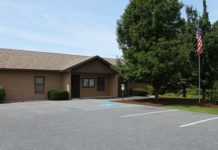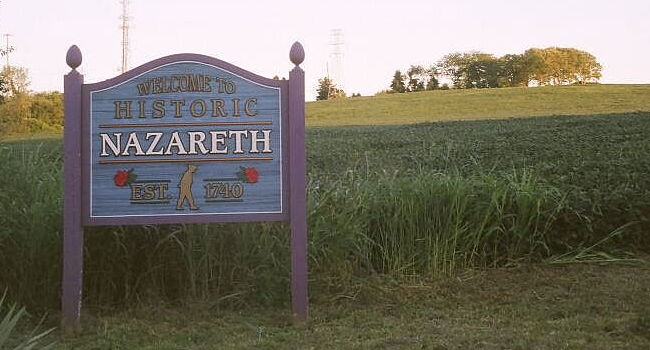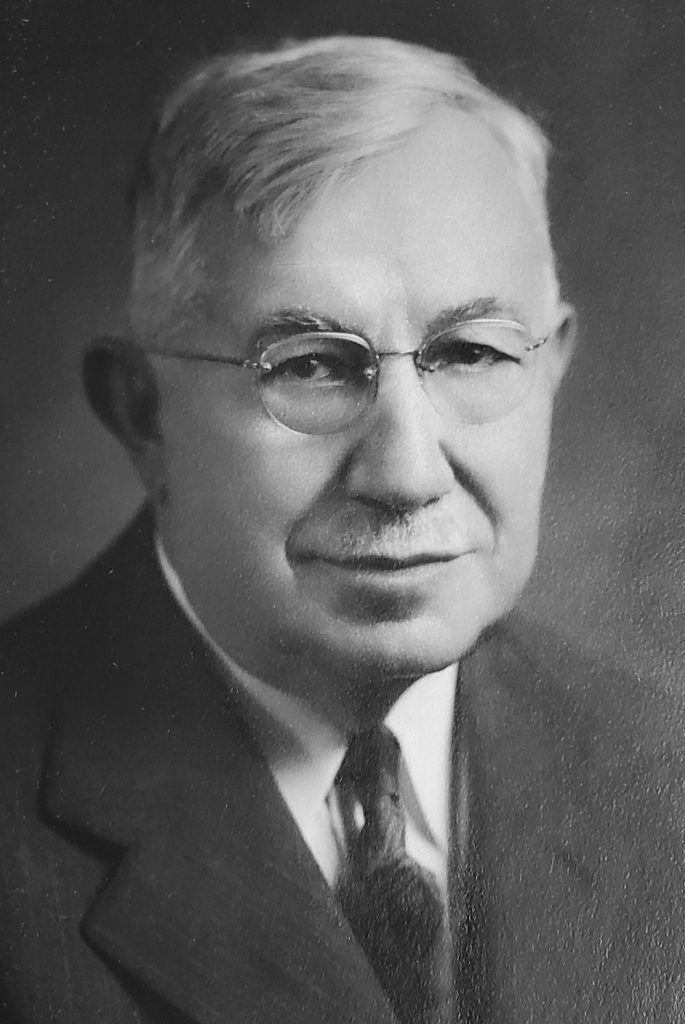
A few months ago, we wrote a column on the old landmark Haff Hospital in Northampton. The great-grandson of Dr. Charles Haff, Mr. Scott Haff, read our column and contacted Mr. Larry Oberly, of the Northampton Area Historical Society and Atlas Cement Company Memorial Museum. He generously donated a plethora of Dr. Haff’s photographs, speeches, hospital information, the doctor’s musical talents and community activities.
Young Charles Haff graduated from Hokendauqua High School. Encouraged by his parents to attend college, he graduated from Millersville Normal School, today Millersville University. With a keen interest in a career in medicine, Charles enrolled in and graduated from an outstanding institution, the University of Pennsylvania, in Philadelphia.
Dr. Haff started his family practice near the Whitehall Cement plant in Cementon. With his warm disposition and medical training, he prospered. As a result, he needed extra space to treat his patients. He purchased a single home on Washington Avenue, in Northampton, with 10 rooms.
One event that had a profound effect on the United States and the world was the flu epidemic in 1918. I spoke to one of Dr. Haff’s nurses many years ago. She recalled dozens of people being treated in the hospital. The 10 rooms and halls were crowded with patients. Dr. Haff and his young assistant, Dr. Lentz, were exhausted. The epidemic had serious impacts on Dr. Lentz. He moved to Arizona in an attempt to restore his health.
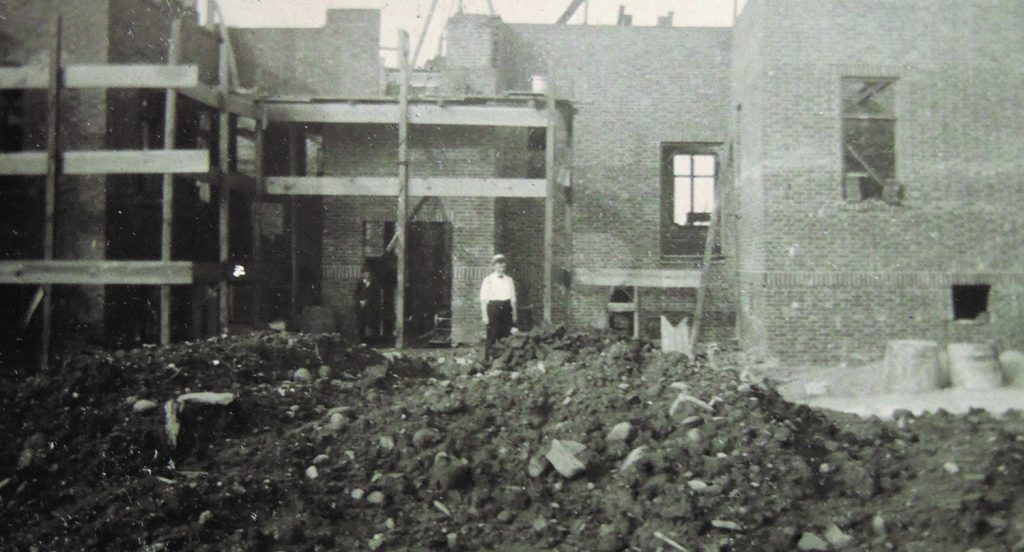
After the epidemic, Dr. Haff expanded once again, purchasing land on Laubach Avenue and constructed a gleaming new brick hospital in 1922. The hospital increased to 40 rooms with the most modern medical equipment. In 1923, Haff constructed a beautiful family residence on East 21st Street in Northampton. The home today is Reichel Funeral Home.
Mr. Reichel has placed a brass plaque at the entrance of the home to remember Dr. Charles Haff.
Dr. Haff loved music. Few people realize the number of valuable instruments he owned and performed on.
We are returning to the year 1937. He was very active in the Rotary Club. A 1937 edition of its paper, Messenger, writes about some of Dr. Haff’s priceless collection.
The paper states, “Dr. Haff’s collection includes a violin, 246 years old, by Andrea Guarneri; a violin, 1657, by Nicola Amati; a viola, 397 years old, 1540; and a cello, 257 years old, 1680.”
In November 1937, Dr. Haff purchased a Stradivarius from an international violin dealer in Philadelphia. The violin was named after French violinist Charles Philippe Lafont. The violinist played for the emperor of Russia in 1808. When the czar was ousted in the Russian Revolution in 1918-19, the violin left Russia, as many Russians fled the violence. The violin was found in a Philadelphia shop.
A brief look at Antonio Stradivarius: Born in Cremona, Italy, he and his two sons crafted 2,500 instruments. Researchers think he crafted 500 violins. He made his last violin at age 93. He was a master craftsman whose name is preserved in the world’s music history. In 1937, the Stradivarius price range was $25,000 to $50,000.
Dr. Haff organized the Cremona Quartet, named after the birthplace of Stradivarius. The members were Winfield Wavrek, first violin; John Johnson, second violin; Dr. Haff, viola; and Paul Wavrek, cello.
I wonder if any of our older readers ever heard the quartet perform. A number of programs were held in his home on East 21st Street in Northampton, now the funeral home.
One of my late friends, Mrs. Doris Daumer, a graduate nurse of the hospital, enjoyed the music while in the nursing school. Dr. Haff personally would walk over to the hospital on Sunday evenings and play for the patients.
We will travel with the quartet in two weeks. Join us, you’ll appreciate the music.


